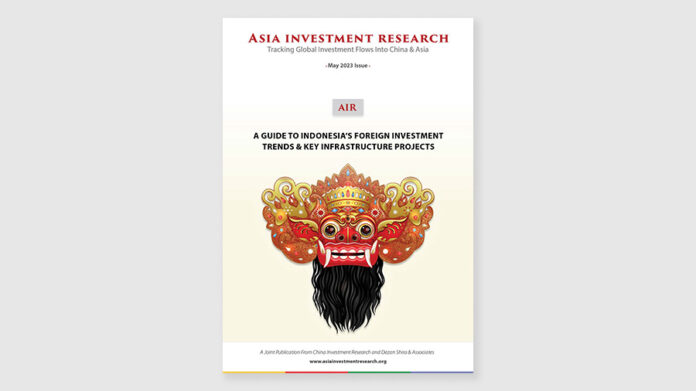Indonesia is set to become the world’s 7th largest economy by 2030, overtaking Germany and the United Kingdom. The country has experienced record inbound FDI and the highest GDP growth in ten years due to booming commodity prices and a rebound in household consumption following the lifting of COVID-19. To sustain growth, Indonesia is focusing on specific areas such as infrastructure, renewable energy, digitization, and IPOs/equities. Inbound investment of over $50 billion is expected from East Asia, GCC, and G7 countries, with a focus on infrastructure, renewable energy, NEVs, and semiconductors. The country is also making progress in renewable energy and has set a target of reaching a 23% renewable energy mix by 2025. Additionally, the government is supporting innovative projects such as a sovereign wealth fund called INA and a new capital city called Nusantara.
Indonesia is a rapidly developing country in Southeast Asia that has been attracting foreign investors for many years. With a burgeoning middle class and a growing economy, there are many opportunities for foreign investors to make a profit in Indonesia. This article will provide a guide to Indonesia’s foreign investment trends and key infrastructure projects that are currently underway in the country.
Foreign Investment Trends
Indonesia is one of the largest economies in Southeast Asia, and it is projected to grow by over 5% per year for the foreseeable future. This growth has been driven by a diverse array of industries, including mining, manufacturing, and services. In addition to these traditional sectors, there has been an influx of foreign investment in Indonesia’s digital and startup industries.
One of the main trends in foreign investment in Indonesia has been the increasing focus on renewable energy. Indonesia has abundant resources for geothermal, solar, and wind power, and the government is actively encouraging foreign investors to develop these resources. In addition to renewable energy, there has been significant investment in infrastructure, particularly in transportation and water management.
Another trend in foreign investment has been the increasing focus on social and environmental responsibility. Many foreign investors are interested in investing in companies that prioritize sustainability and ethical practices. This has led to the emergence of responsible investment initiatives in Indonesia, such as the Sustainable Stock Exchanges Initiative and the ASEAN Corporate Sustainability Summit.
Infrastructure Projects
Infrastructure is a critical factor in Indonesia’s economic development, and the government is currently investing heavily in infrastructure projects. Some of the key infrastructure projects currently underway include:
Transportation: The government is investing in upgrading Indonesia’s transportation infrastructure, including road, rail, and air transportation. This includes the continued expansion of the Jakarta MRT system and the development of a high-speed rail line between Jakarta and Bandung.
Energy: Indonesia is investing in expanding its energy infrastructure, including by building new power plants and expanding its electrical grid. The government is targeting increased use of renewable energy, particularly geothermal and solar power.
Water management: Indonesia is investing in improving its water management infrastructure to ensure that there is clean and reliable water available for its citizens. This includes building new water treatment plants and upgrading existing ones.
Conclusion
Indonesia is a country with many opportunities for foreign investors, particularly in infrastructure and renewable energy. With a growing middle class and a rapidly expanding economy, Indonesia is an attractive destination for foreign investment. As the government continues to invest heavily in infrastructure and sustainable development, there will be many opportunities for foreign investors to make a profit while also contributing to the country’s economic and social development.


